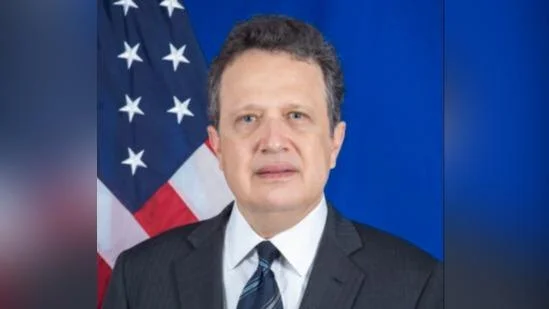The United States Embassy has expressed strong condemnation of ongoing attacks against humanitarian workers in South Sudan. According to a statement released on September 23, the embassy highlighted an incident from September 7 when members of the South Sudan People’s Defense Forces (SSPDF) raided a boat transporting World Food Programme (WFP) supplies in New Fangak. The food and other items were intended for civilians experiencing food insecurity. While the embassy noted that the stolen goods were replaced on September 20, it described this event as part of a worsening trend of looting and interference with aid efforts by armed groups and officials.
"This reflects a worsening pattern of looting and rent-seeking directed against assistance activities in South Sudan by armed groups and individuals in positions of authority across the country. It is especially egregious because the individuals involved are entrusted with their country’s security," stated the U.S. Embassy.
The embassy called on leaders at all levels in South Sudan to take action to prevent such incidents and cooperate with international donors working to support local communities. "We call upon South Sudan’s leaders, at all levels, to prevent such actions and to be a partner to those – including international donors – seeking to help the South Sudanese people."
Concerns were also raised about restrictions faced by organizations delivering humanitarian aid in Upper Nile State, where conflict-affected populations may face famine risk. "We are increasingly concerned about the inability of implementing partners delivering humanitarian assistance to reach conflict-affected populations in Upper Nile State, due to humanitarian access denials by transitional government officials in areas which face a possible risk of famine," read the statement.
The embassy urged urgent intervention and emphasized that authorities must allow aid organizations access to these regions: "Urgent humanitarian intervention is required in these areas, and government authorities must facilitate access."
In addition, U.S. officials called for immediate steps from South Sudanese leadership to reduce risks and costs associated with aid delivery, guarantee humanitarian access, use public revenue for public needs—including crisis response—and pay salaries for civilian employees and security services. "We call on South Sudan’s leaders to immediately eliminate the unacceptably high costs and risks that threaten delivery of aid, ensure humanitarian access, and start using public revenue to address public needs. This includes supporting humanitarian crisis response efforts. It also includes paying salaries to public civilian employees and security services."

